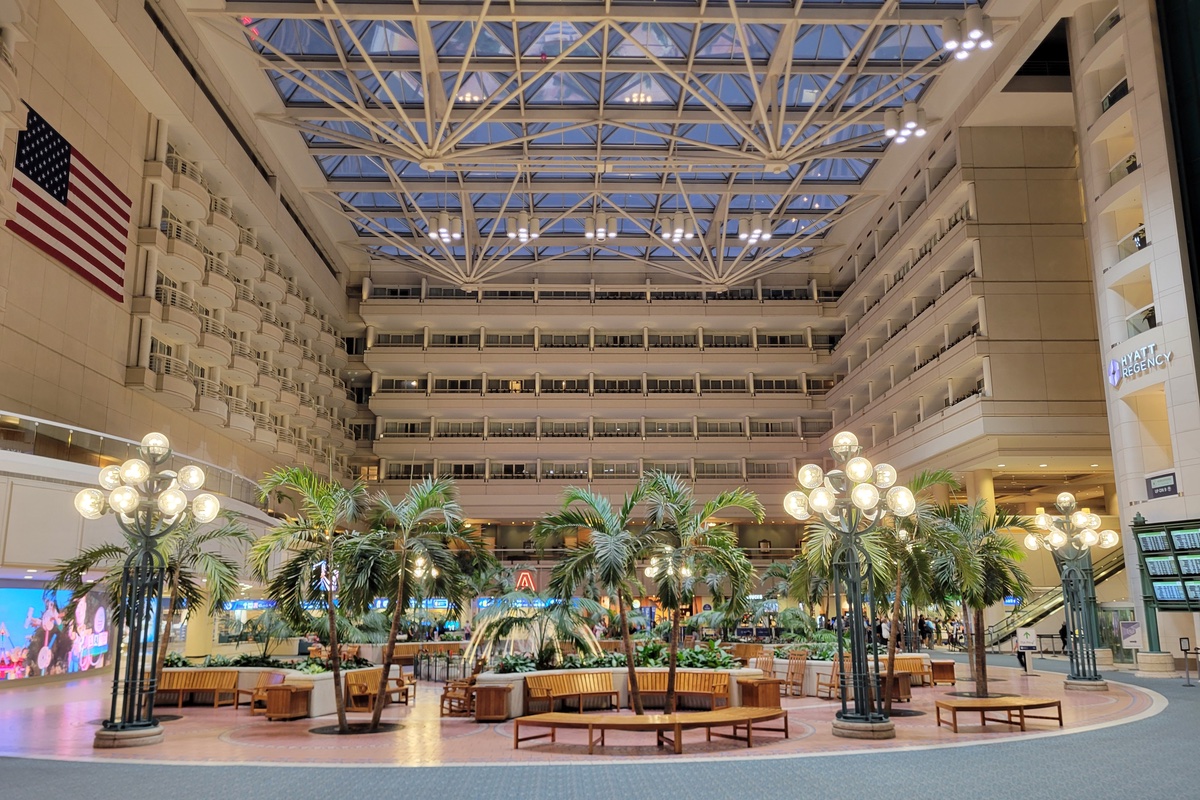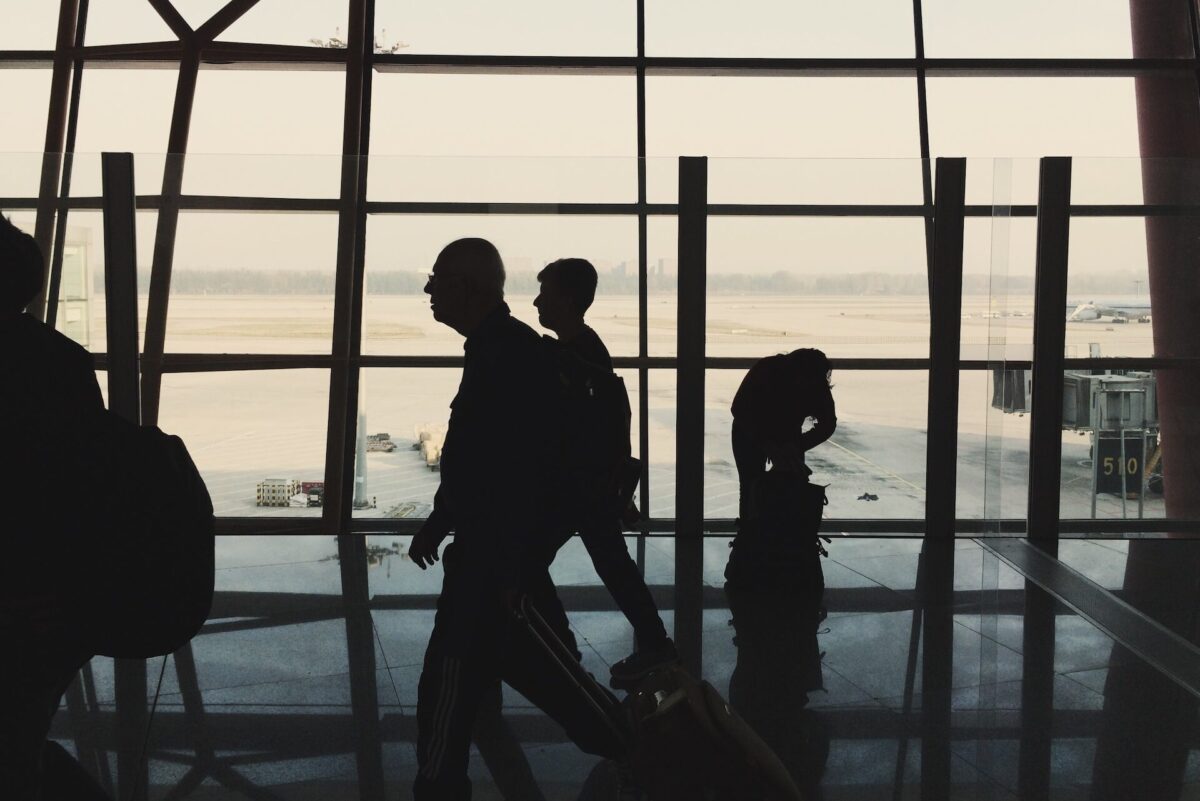Hurricane Milton Prep, Mandarin Oriental’s Plans and Thriving Travel

Skift Take

Skift Daily Briefing Podcast
Listen to the day’s top travel stories in under four minutes every weekday.Good morning from Skift. It’s Tuesday, October 8, and here’s what you need to know about the business of travel today.
Listen Now
🎧 Subscribe
Apple Podcasts | Spotify | YouTube | RSS
Episode Notes
Airlines and airports are getting ready for Hurricane Milton, a “potentially catastrophic” storm expected to hit southwest Florida on Wednesday, writes Airlines Reporter Meghna Maharishi.
Tampa International Airport and Orlando International have announced they plan to suspend operations in anticipation of Hurricane Milton. Several airlines — including American, Delta and United — have issued travel waivers in Florida. Citi analyst Stephen Trent said cancellations from the storm could cause Southwest and Spirit to suffer a major hit to their earnings because of their exposure to Tampa.
Next, new Mandarin Oriental CEO Laurent Kleitman is looking to double the number of properties in the company’s portfolio, writes Senior Hospitality Editor Sean O’Neill, who spoke with Kleitman in his first major interview as CEO.
Mandarin Oriental currently manages 41 hotels, but Kleitman says he sees a sweet spot of between 80 and 100 properties for the luxury hotel brand. Kleitman added Mandarin Oriental will focus on key markets where the company doesn’t have a presence. He cited Budapest and Rome as locations Mandarin Oriental will expand to.
In addition, Kleitman said growing in the Americas is one of the company’s goals. Mandarin Oriental manages only three hotels in the U.S.
Finally, the Skift Travel Health Index for August 2024 reveals that the travel industry is thriving despite concerns about a recession.
The global travel industry registered 9% growth from last year, which was led by the Asia-Pacific region and North America. Research Analyst Saniya Zanpure notes the travel boom in the Asia-Pacific region is largely due to the area’s delayed reopening after the pandemic. Meanwhile, passenger volumes in the U.S. are at an all-time high.





